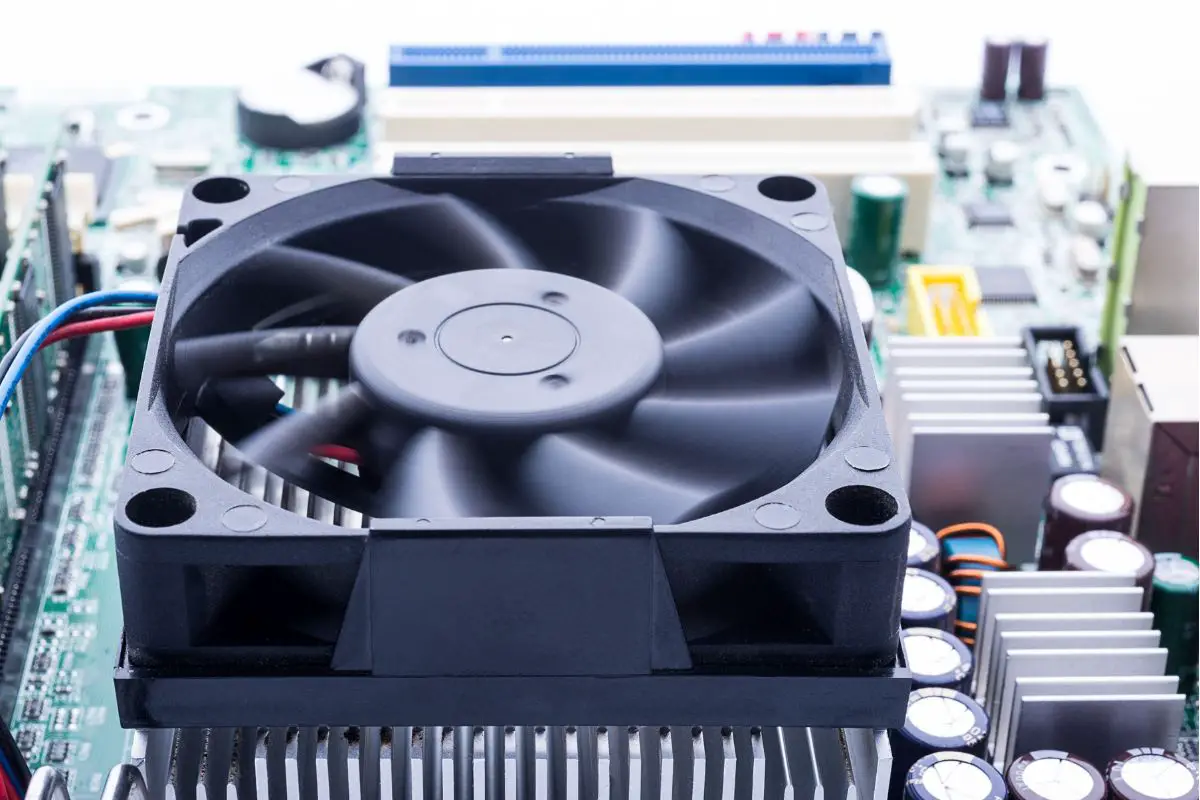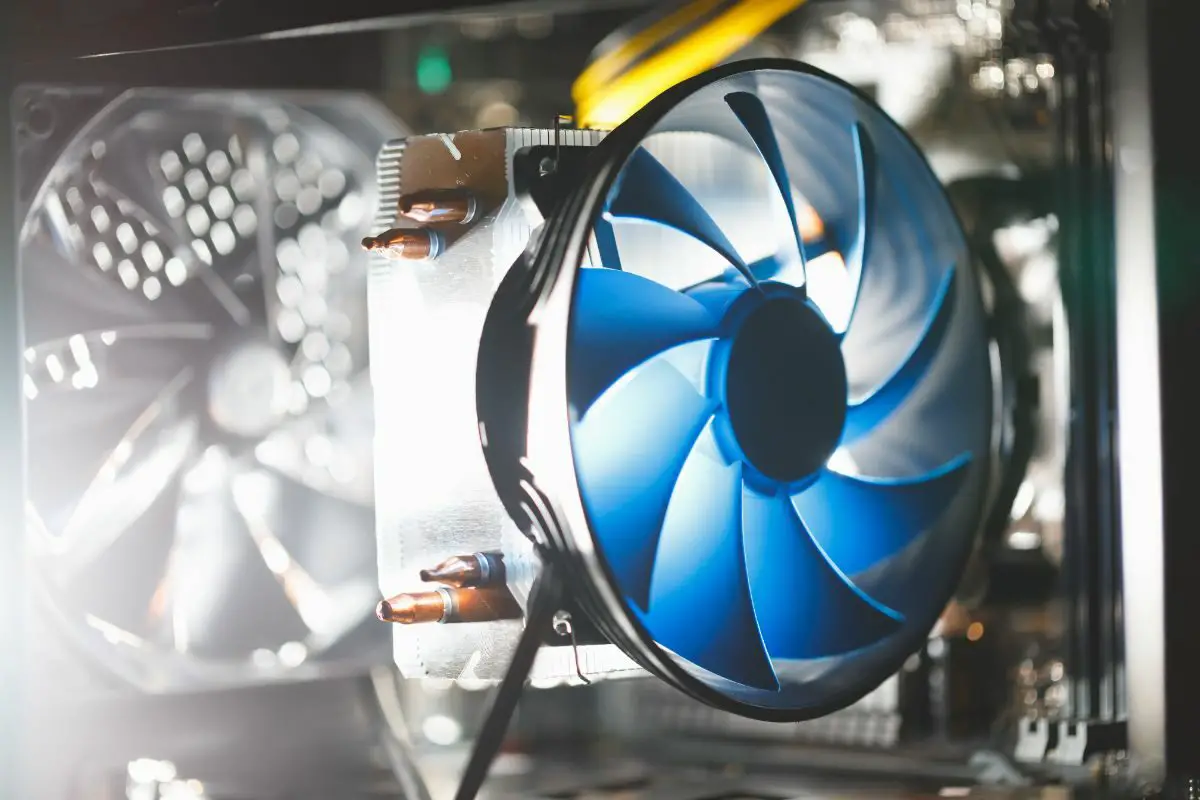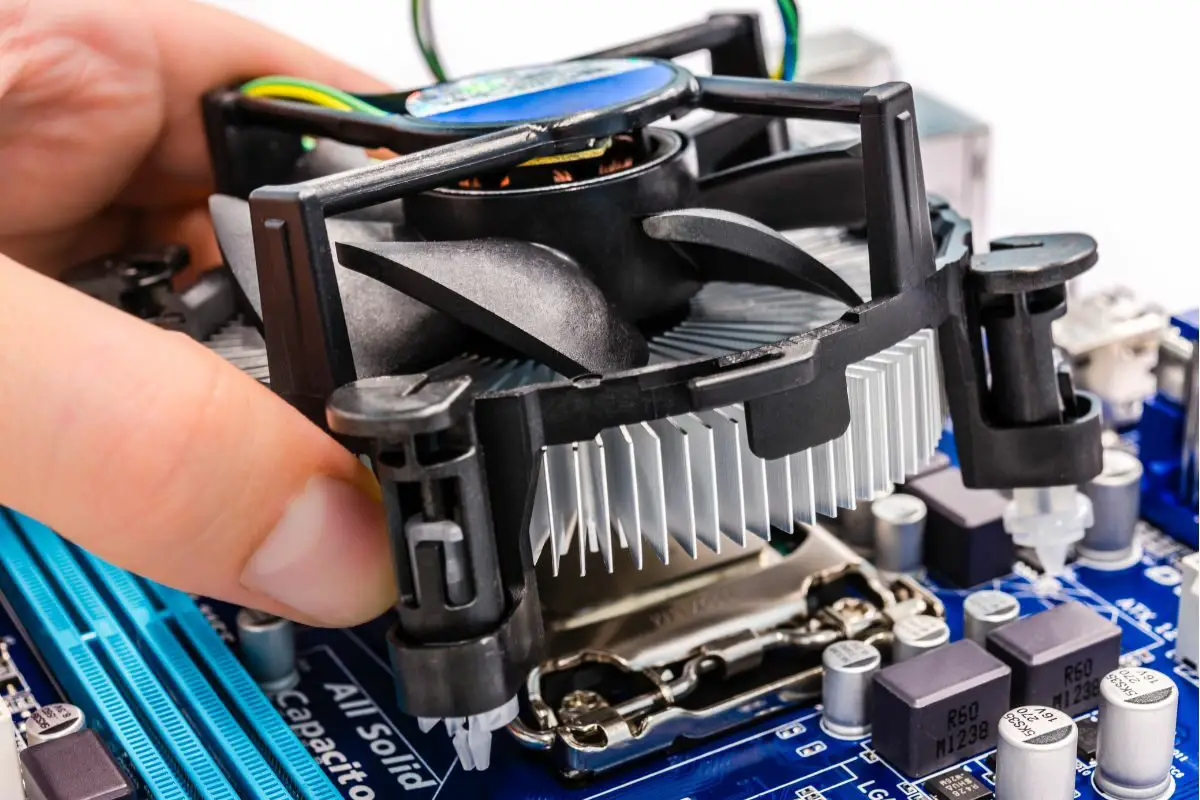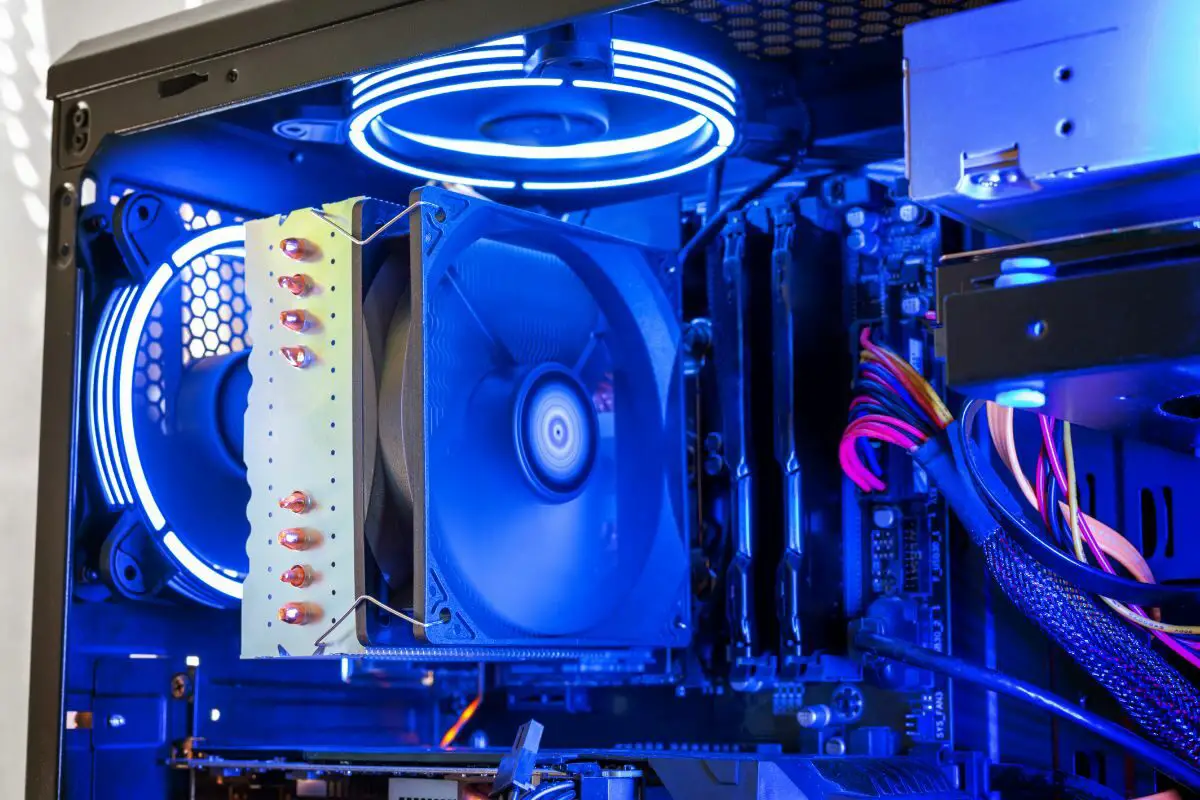
Do you need a CPU cooler? Yes!
But can you get away with running your computer without a CPU cooler? Well, if you try it, you'll find that most of the time, you won't even be able to switch on your PC. This is because a cooler is essential to protect the CPU from overheating and getting damaged.
I remember when I ordered all the parts that I needed for a CPU upgrade, but after everything arrived, I realized that I didn't get a new CPU cooler! I decided to see whether I would be able to switch it on without the cooler installed, but unsurprisingly, it didn't work. Since then, I've always made sure to add an aftermarket cooler to my list of parts if there's no stock cooler with the CPU.
So, what more do you need to know about how to use a CPU cooler in the computer you're building? This guide will give you the answer to that. Let's get straight into what you need to know.
Contents
If your CPU cooler hasn't arrived, you didn't remember to buy one, or you simply don't want to add one for another reason, you might be wondering whether you actually need to have a CPU cooler. Is it a necessary part?
The answer to that is that CPU coolers are absolutely necessary. They protect your CPU from running too hot, which can help avoid thermal throttling and potential damage.
In fact, manufacturers recognize that having a CPU cooler is essential, so without plugging the cooler fan into the CPU_FAN header on your motherboard, your computer won't even turn on. You can give it a try to see for yourself.

Whether you're talking about an air cooler or a liquid cooler, the way that any cooling solution works has the same fundamentals.
A CPU cooler uses a metal baseplate, also called a cold plate, to collect heat from the integrated heat spreader on top of the CPU. In between these two is thermal paste which fills up the gap and improves heat transfer.
An air cooler will transfer this heat to the heatsink, and the fan on the CPU cooler will blow cool air over the thin metal fins to bring the heatsink temperature down.
Meanwhile, an AIO cooler (the most common type of liquid cooler) will transfer the heat from the baseplate to a custom liquid coolant that passes through the baseplate. This warmed liquid will then enter a radiator that is cooled down by fans, extracting the heat from the liquid and allowing it to go to the baseplate again.
You can also assemble your own custom loop for liquid cooling, but this is usually reserved for enthusiasts.
Let's say your CPU cooler fan doesn't work anymore but it still allows your PC to turn on. Can you get away with relying on your case fans to keep your CPU cool?
I've never tested this, but I'd reckon that even with a heatsink connected to the CPU and several case fans providing extremely high airflow, your CPU temperature would still get too high.
A CPU cooler provides airflow directly to the heatsink while case fans only attempt to replace the warm air in your computer case with cool air from the outside. Even with a lot of cool air inside your PC, it's not worth much if you don't have a CPU cooler that can drive that cool air directly to dissipate heat from the CPU.
When you buy certain processors from AMD or Intel, you might get a CPU cooler included in the box. This is a stock cooler, and they usually come included with lower-end CPUs.
A high-end CPU will essentially never come with a stock cooler, which means that you will need to buy one made by a third party. This is called an aftermarket cooler.
All stock coolers use air, so I'll be comparing them specifically to what you get if you go for an aftermarket air cooler.
Stock coolers get the job done. They're perfect if you just need your PC to work no matter what, and you've never really been concerned about temperatures or performance.
However, as you might expect, they are not built to be exceptional in any regard. They're usually on the louder side and have a limit to how well they can cool a CPU.
If you look at the available options for an aftermarket air cooler, you'll have many options. Here, you can find air coolers that are designed to run quietly, and you're almost always going to get better cooling potential than a stock cooler can give.
So, if you're going to be running your system intensely, either when gaming or running intensive applications, it's a good idea to go for an aftermarket option.

If you're looking to get a new CPU cooler, there are two major types: you can go for one that uses air cooling or one that uses liquid cooling.
Air cooling is considered to be the standard to a degree, as most people use air coolers in their computers. The processors that come with a stock cooler all use air.
However, for people looking for a higher-end cooling solution, liquid CPU cooling is usually the answer. While there are different ways to implement liquid cooling into your system, such as making your own custom loop for liquid cooling, the most consumer-friendly way is using AIO coolers.
This stands for All-in-One cooler, and they are called this because they come with all the parts needed for liquid CPU cooling in a single product. They utilize a closed loop filled with a custom liquid to extract heat from the CPU and transfer it to a radiator which is actively cooled by as many as three fans.
Let's say you've bought a new CPU that doesn't have a stock CPU cooler included; you'll have to get an aftermarket CPU cooler. This is where you have to make the decision on a cooling solution: will you go for an air cooler or a liquid cooler?
If you're looking at going for an air cooler, here's where that might be the best choice:

Now, here are the reasons why you should opt for a liquid cooling solution for your PC build:
Do you need a CPU cooler in your computer, or can you get away without one? You absolutely need to have a CPU cooler installed in your PC, otherwise, it won't even switch on. This is done to protect your CPU from excessive heat and keep your system running smoothly.
You can stick with a stock CPU cooler if you're using your system for basic tasks, but aftermarket options, especially liquid cooling, are better if you're hoping to squeeze more performance out of your CPU.
Was this article able to educate you on your computer's CPU cooler and why you need to have it? If so, take a look at our other articles to learn more cool things.
